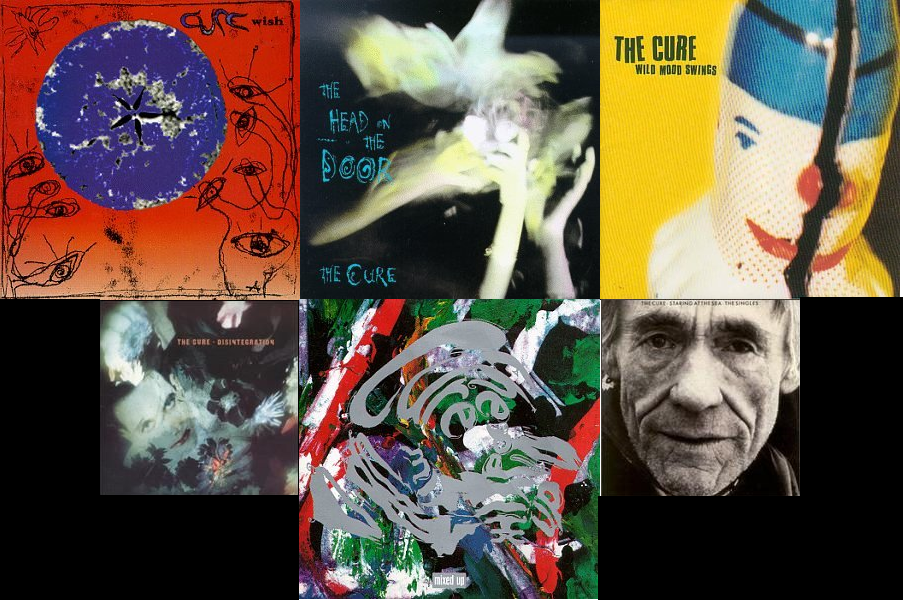Hello to all who have decided to follow along as I post for 21 days straight as part of our church fast. As you can see, each entry is numbered as a particular day, so if you are reading this and the title above doesn’t say Day 1, then you should stop now and go read from Day 1, or take a peek at Day 2 and pick a topic you are interested in. Thanks for being brave enough to join me.
Day 16 – Only a few days left of this fast. I hope it is progressing well for everyone.
Today’s post concerns my thoughts about the church as a body. Many of us are familiar with the passage in 1st Corinthians, chapter 12, where the church is described as a body. The main point of that passage is that the church must be in unity to be effective, and the diversity of the church members and their spiritual gifts is what makes the church strong and effective.
The comparison starts at verse 12, but the specifics start at verse 15. The absurdity of disparate body parts assuming they are not useful to, or even a part of the body highlights the various roles congregation members play in the work of the church. The cleaning crew is as important as the worship team, which is as important as the various group leaders, who are as important as the deacons and elders. Each one contributes to the body of the church to spread the Gospel of Christ to everyone around them.
Each and every part is important and just as God created our human bodies with many parts that each contribute to our continuing to live, so are the different parts of the church body so very important. Without eyes, the body can’t see; with no teachers, the church can’t teach. With no foot, the physical body is handicapped; with no cleaning crew, the church is rendered uninviting and unable to minister to the community, therefore, handicapped. Everyone can’t be up on stage leading worship to empty seats. Well, they could, but that would be weird…
The church body needs all of its parts to function effectively and in the words of our current study, have a maximum impact on the world around it. This assumes that all parts of the body are healthy, and performing their jobs to the best of their ability. This places some responsibility on the members of the church to find where they fit into the diverse body of the church and to contribute effectively.
I think this analogy is perfect, which is probably why it is included in our current Bible. It’s not the only message Paul had for the Corinthians, but it was an important one. The Corinthians were dealing with the conflict between the temporary “now” and the eternal. They were unsure how to deal with the current “now” and were unsure of their purpose, to some extent. Paul assured them that the work they were doing was important and was of eternal significance.
The passage about the body is preceded in chapter 12 by an explanation of spiritual gifts, and a reminding that not all are gifted the same way. Each person is gifted by God to be able to contribute to the body of the church in different ways, which leads right into the explanation about unity and diversity in the church body. This simple, but powerful analogy is still referenced today as a way to maintain unity in the church and make it effective. It is intimately connected to the first part of the next chapter, Paul’s exposition on love and how necessary it is. That is a blog post for another day…
Thanks for reading to the end! Tomorrow’s post will continue in this thread and talk about contributing talents to the church.
Photo Credit – Photo by Vince Fleming on Unsplash





